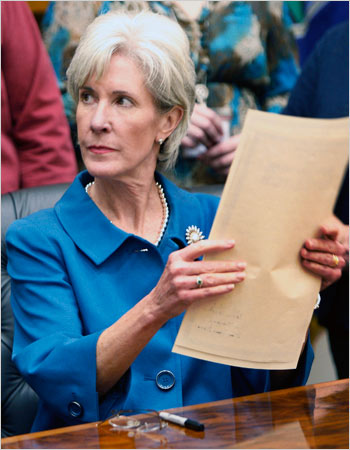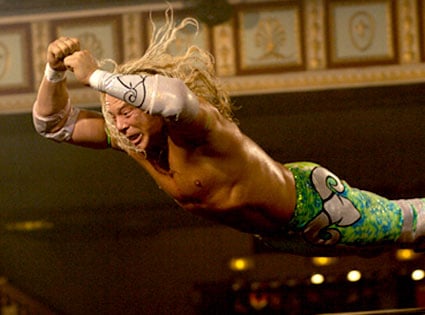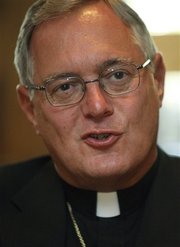 The New York Times is reporting that the mass-attending, barred-from-communion, pro-choice Catholic governor of Kansas, Kathleen Sebelius, is President Obama’s pick to run the Department of Health & Human Services. She replaces Tom Daschle, another pro-choice Catholic–but with reservations–whose nomination was derailed by unpaid taxes. Pro-lifers may want to start a fundraiser for Daschle to get him back in the running.
The New York Times is reporting that the mass-attending, barred-from-communion, pro-choice Catholic governor of Kansas, Kathleen Sebelius, is President Obama’s pick to run the Department of Health & Human Services. She replaces Tom Daschle, another pro-choice Catholic–but with reservations–whose nomination was derailed by unpaid taxes. Pro-lifers may want to start a fundraiser for Daschle to get him back in the running.
As discussed here, Sebelius ran afoul of Kansas City Archbishop Joseph F. Naumann during last year’s campaign. Naumann barred her from communion for her pro-choice views and may have scuttled her chances of being Obama’s running mate.
But what goes around comes around, and now Sebelius could be spearheading the department with greatest oversight of the implementation of family planning policies. Of course she’s also aces on health insurance, and a no-brainer for that issue, which is why Obama is bringing her on board. But don’t think that will be the focus of Catholic commentary…
In this Q&A, Naumann explained his reasoning for barring her, while in an RNS commentary last June, David O’Brien, an emeritus church historian at Holy Cross College in Worcester, Mass., and Lisa Sowle Cahill, a professor of moral theology at Boston College, labeled actions against Sebelius and other pro-choice Catholic pols “Spiritual McCarthyism.”
In Kansas City, Archbishop Joseph Naumann has ordered Sebelius not to receive Communion after she vetoed abortion legislation riddled with constitutional red flags. The bill in question made it easier for prosecutors to search private medical records, allowed family members to seek court orders to stop abortions and failed to include exceptions to save the life of the mother.
Along with many public officials, Sebelius recognizes the profound moral gravity of abortion and has supported prudent public policies that have reduced abortions in Kansas. Yet in his diocesan newspaper, Naumann pulled few punches, blasting Sebelius for her “spiritually lethal” message and her obligation to recognize the “legitimate authority within the Church.”
The archbishop has a right, and indeed an obligation, to speak out against abortion; Catholic public officials look to the church to help form their conscience. But the archbishop is on dangerous ground when he tells a democratically elected official how to govern when it comes to the particulars of specific legislation. The proper application of moral principles in a pluralistic society rarely allows for absolutes.
They continued:
If we remain silent when respected Catholic leaders are publicly attacked and denied Communion, the proper role of faith in our public square is grossly distorted. This election year, let’s have a better debate about faith and political responsibility that reclaims the vital role religion has often played in renewing our most cherished democratic values.
So it goes…

